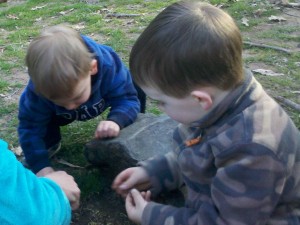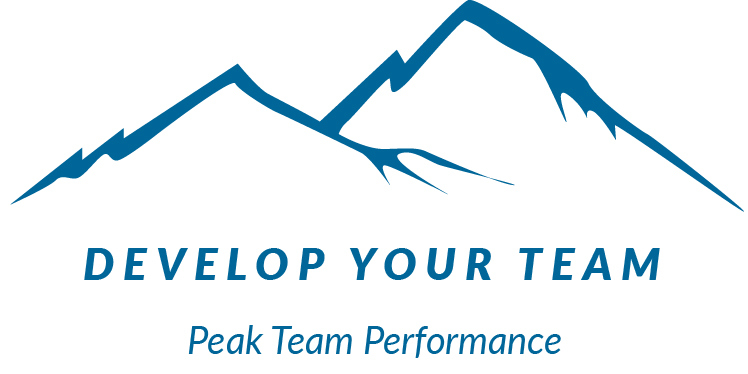How often do you say “no” automatically, when the answer could just as easily be “yes”? How might things change for you and those you work with if you were consistently looking for ways to say “yes”?
Recently I spent time with a family whose overarching philosophy is to say “yes”  whenever possible. To be sure, this sometimes results in muddy clothes or unorthodox uses of household items. But really, why shouldn’t a water bottle be converted into an ant-farm or bee-house? And because of this parental mindset, the very young children in this family are curious, creative, courageous, and glowing with confidence.
whenever possible. To be sure, this sometimes results in muddy clothes or unorthodox uses of household items. But really, why shouldn’t a water bottle be converted into an ant-farm or bee-house? And because of this parental mindset, the very young children in this family are curious, creative, courageous, and glowing with confidence.
How can you build these traits in the people you are developing at work? One thing you can do is to consistently and persistently look for ways to say “yes.” Maybe it’s a suggestion for a new way to handle a long-standing procedure, or a change in the office layout, or introducing new items on the lunch menu. Whatever it is, try thinking first about how it might work, rather than how it can’t work. “No” shuts down communication and blocks creativity. An employee, or anyone for that matter, who expects to hear “no” as an answer will soon stop asking.
That being said, of course there are times when you do have to say “no.” It’s important to think ahead of time about what is non-negotiable for you and your organization and then make those things clear to others up-front. Getting a “no” response when you’ve crossed a line that you were previously aware of is a much different thing than experiencing a limiting environment where “no” is the pervasive mindset.
Think about your week so far. How many times have you said “no” when you might have said “yes”? How might you approach things differently going forward?
